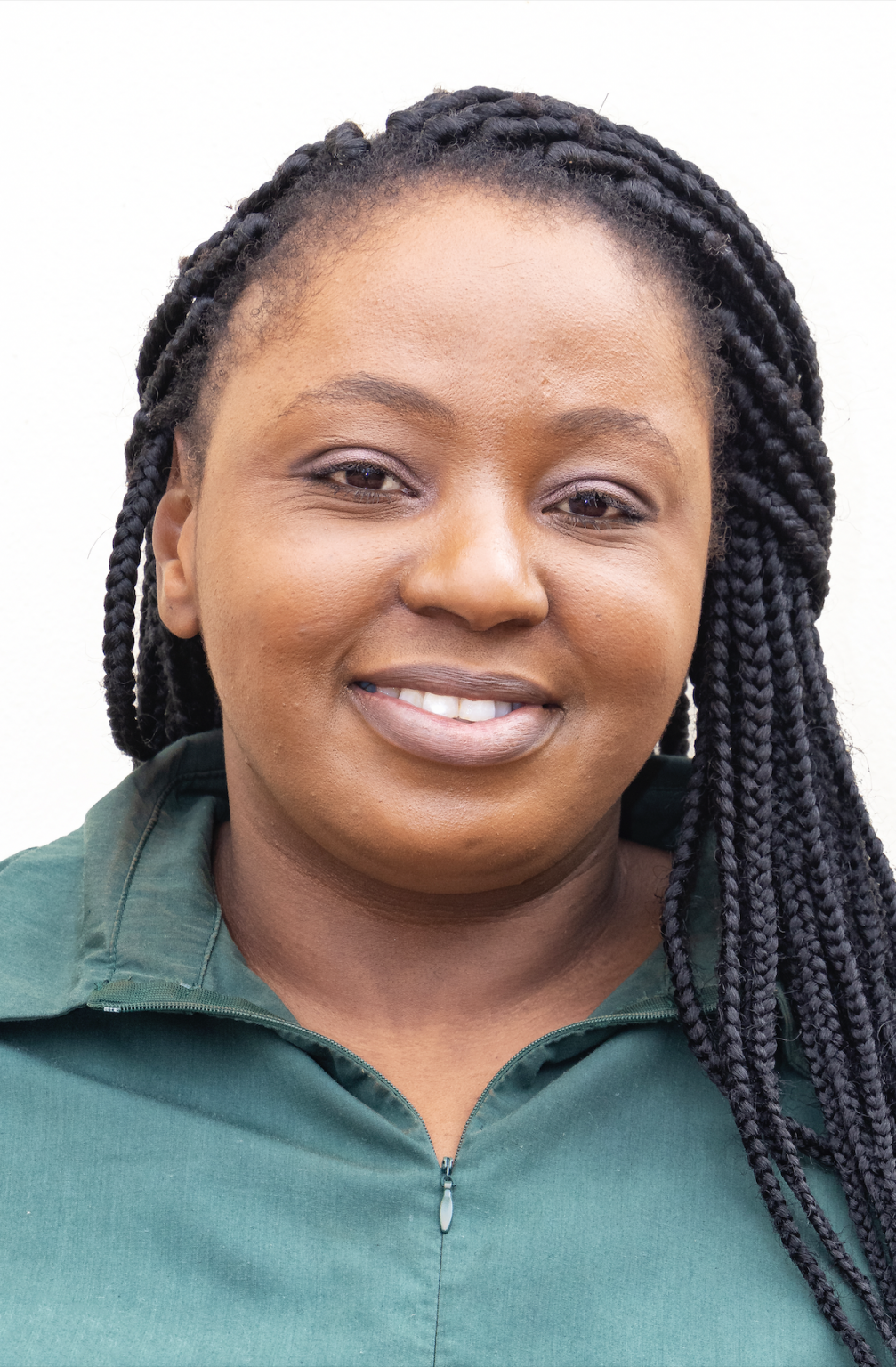By Linda Pona
We stand on the shoulders of giants, of women who came before us, women who opened up spaces so that we could take them up, dominate and leave a legacy for future generations.
As we start the month of August, we continue to remember the women of 1956 who marched to the Union Buildings in Pretoria to protest against the pass laws which restricted the movement of Black female domestic workers in urban areas.
The protest was unique in that it saw over 20 000 women from all races led by representatives of each race: Lillian Ngoyi, Helen Joseph, Rahima Moosa and Sophia Williams. Enough was enough. There was a need for change, a need for equal opportunities for women of all races.
During the march, they stood in unison chanting, “Wathint’ abafazi, wathint’ imbokodo” – you strike a woman, you strike a rock. In other words, this was a stand to show that women are strong, courageous, and resilient.
Decades later, we are left with the echoes of the legacy of women who came before as we celebrate Women’s Day on 9 August.
More than ever, women have rights and, more importantly, access to education, and workplace opportunities, especially for leadership roles and economic freedom. However, I have seen that these freedoms are not without struggle, as women must continue fighting for them; this is especially true for Black women. Men still dominate workspaces and leadership positions, and although policies are in place for women’s empowerment and gender equality, the reality is that there is still a continuous struggle for women to own these spaces due to workplace bullying, harassment and discrimination.
So while the policies are in place, in reality, it is seldom practised. But I have also found that some individuals will stand with you and fight for you in those spaces. Like the women who united in 1956, they will remind you not to give away your power and to continue fighting for your rightful place in the workplace and the world.
So as we celebrate Women’s Month, let us remember the generations of women who have laid the foundation for us and future generations and continue being “iimbokodo”.


